Question And Answer
Publications
Articles, publications, books, tools and multimedia features from the U.S. Institute of Peace provide the latest news, analysis, research findings, practitioner guides and reports, all related to the conflict zones and issues that are at the center of the Institute’s work to prevent and reduce violent conflict.
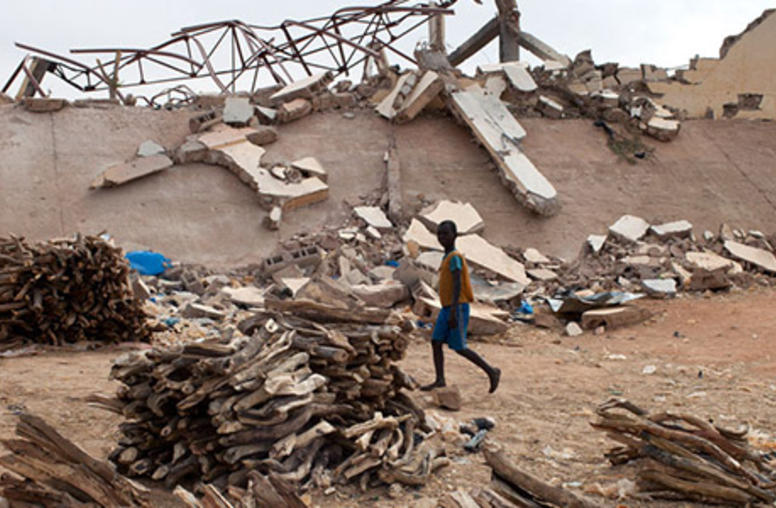
Military Intervention in Mali vs. Syria: When is the Path Rocky or Paved?
France’s rapid intervention in Mali in early January is particularly striking when compared to the lengthy debate over international intervention in Syria, which has thus far produced only inaction. USIP’s Rachel Brandenburg explores what considerations made French intervention in Mali feasible while constraining action in Syria.
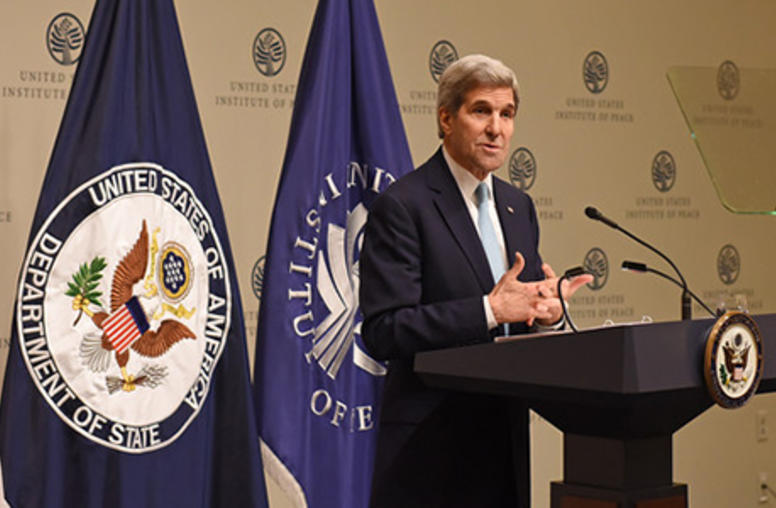
Kerry Says Assad Staying as Syrian Leader Is a "Non-Starter"
Secretary of State John Kerry, in an address at the U.S. Institute of Peace on the U.S. approach to the war in Syria, reinforced the administration’s firm opposition to allowing President Bashar al-Assad to remain in power under any resolution to the 4 ½-year conflict. Before leaving the U.S. today to resume talks on Syria in Vienna, Kerry pledged accelerated U.S. diplomatic and military efforts to end the fighting and defeat the self-styled “Islamic State” extremist group.
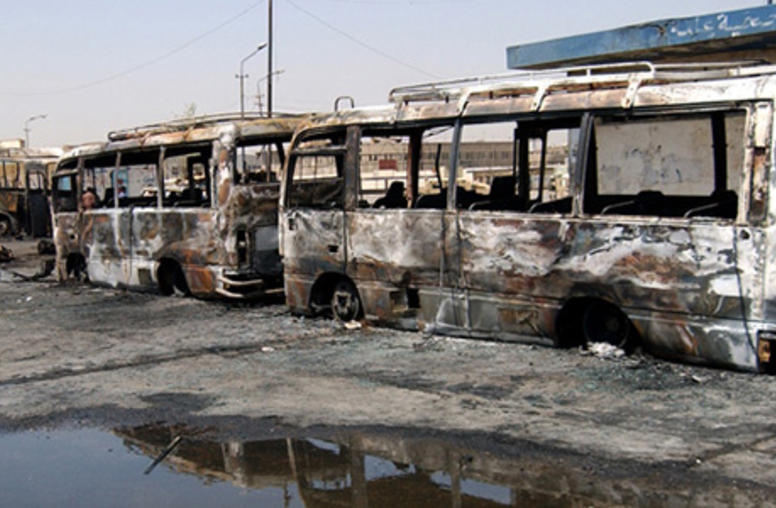
Terrorism Study: ISIS Isn’t the Deadliest Extremist Group
Worldwide deaths from terrorist incidents jumped 80 percent in 2014 compared with the year before and were concentrated in five major conflict zones, according to the third annual Global Terrorism Index, released November 17. While that conclusion was unsurprising, the index included less obvious findings with implications for policy makers who have to tailor solutions to specific countries and regions, according to experts who discussed the study at the U.S. Institute of Peace.
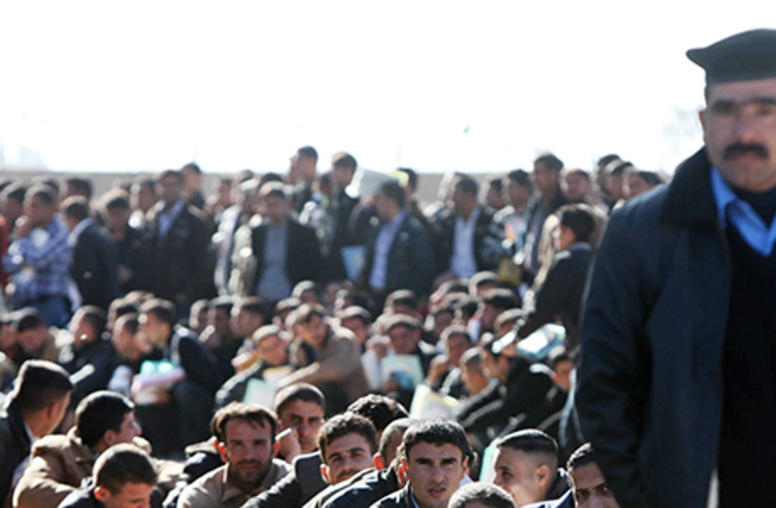
Iraq Research: Sense of Injustice Is Key to Violent Extremism
Three years of public polling in Iraq by Mercy Corps has put hard figures to an often-cited theory about the spread and attraction of violent extremism. More than poverty, joblessness or any other dispute or social ill, it is the perception—or reality—of injustice that fuels support for armed opposition groups.
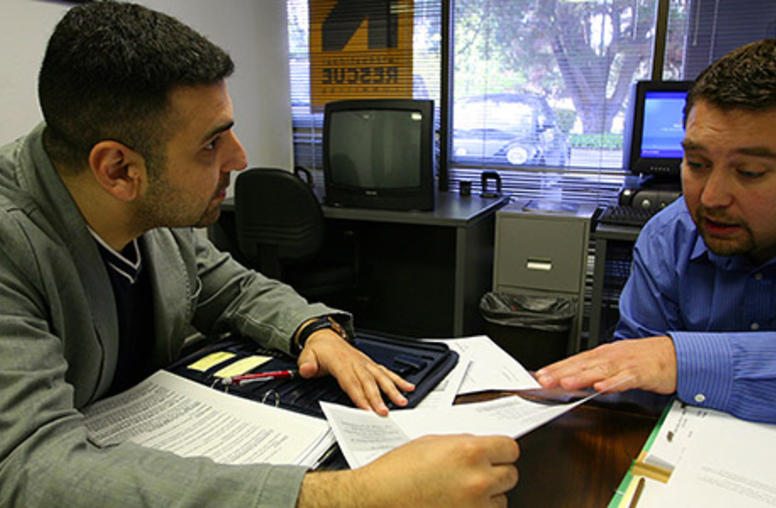
Panel Urges New View of Middle East Refugees
The refugee crisis that has spread to Europe and the breakdown of the Middle East’s century-old political order demand new thinking about the economic role of displaced people and a reassessment of donor strategies to rebuild societies in conflict, a working group convened by the U.S. Institute of Peace concluded. The panel’s report, developed under USIP’s Manal Omar and Elie Abouaoun as part of Atlantic Council’s Middle East Strategy Task Force, calls for refugees to be viewed as potential e...
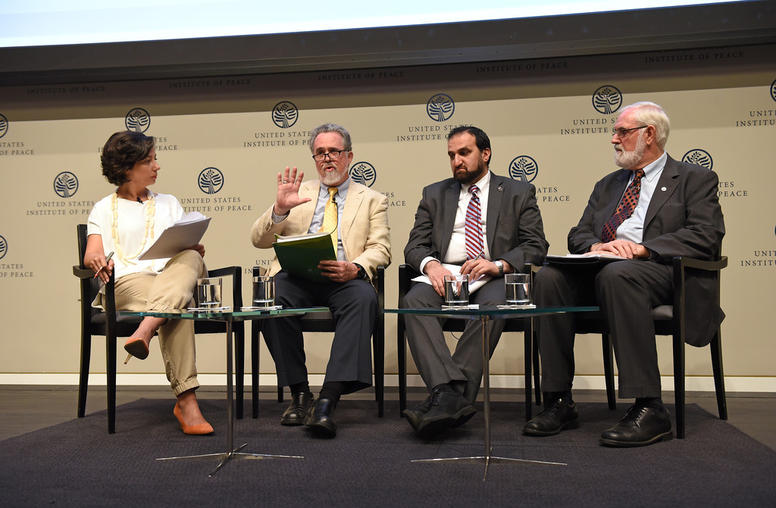
Humanitarian Aid: ‘Radical Change’ After Istanbul?
The two-day World Humanitarian Summit held recently in Istanbul drew criticism for the absence of top global leaders, but it actually broke ground in several ways, experts said in a discussion hosted by the U.S. Institute of Peace and Oxfam America. The summit spotlighted the need for “radical change” in a relief system built for the era after World War II rather than today’s small wars, insurgencies and fragmenting states that have unleashed the second-biggest flood of displaced people in hi...
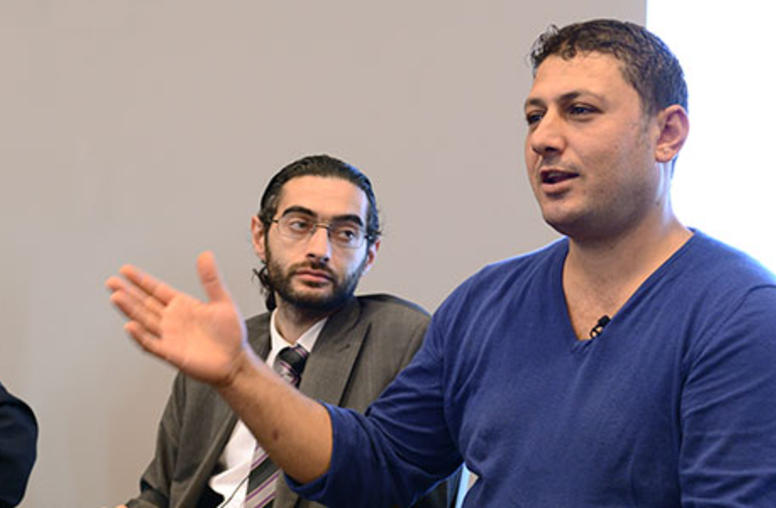
Syrian Rescuer, Killed in Airstrike, Felt the Danger
Khaled Harah, a volunteer with Syria’s Civil Defense Force, or “White Helmets,” died in an airstrike in Aleppo last week as he worked to rescue survivors amid the debris of an aerial bombing. In 2014 at USIP, Harah and some of his colleagues described that rescue work, which had brought them to world attention.
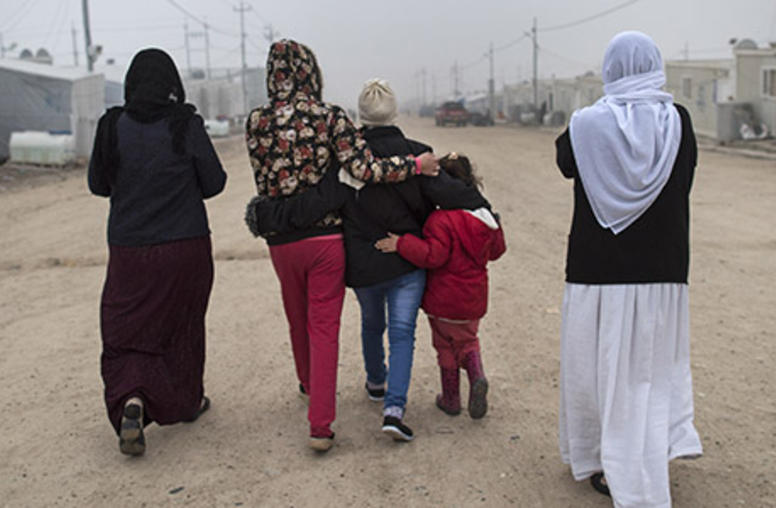
ISIS Makes Sex Slavery Key Tactic of Terrorism
The sexual violence committed against women and girls by the Islamic State of Iraq and Syria (ISIS) can only begin to be addressed with a multipronged response from the global to the local level, said Zainab Hawa Bangura, the United Nations’ point person on the issue. Speaking at the U.S. Institute of Peace, Bangura cited work ranging from promotion of U.N. resolutions to talks with religious leaders to suggest how the brutal, systematic sexual slavery imposed by the extremist group might be ...
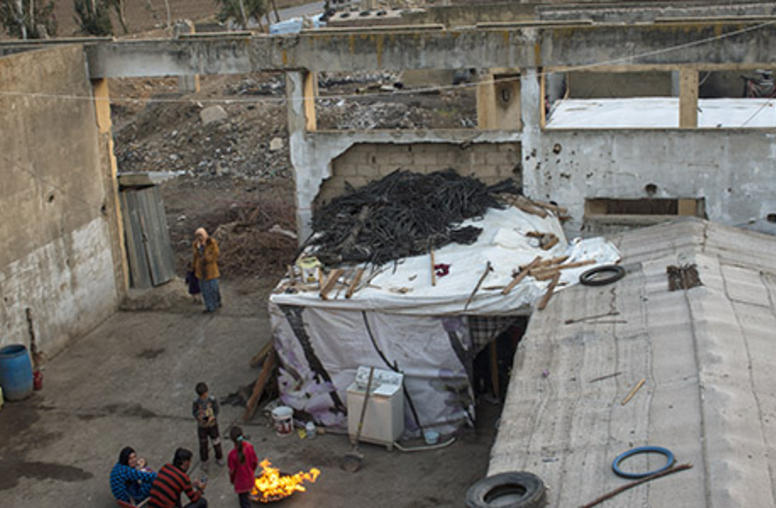
Q&A: Can Lebanon’s New President Defuse Major Crises?
The Lebanese Parliament’s selection this week of General Michel Aoun as president ends 2 ½ years of a leadership vacuum that mired decision-making on fundamental economic, social and political crises facing Lebanon. The Parliament had been unable to elect a new president since May 2014, even as it faced emergencies such as the influx of more than 1 million refugees from the war in neighboring Syria. USIP Middle East and North Africa Director Elie Abouaoun examines the potential effect of the ...
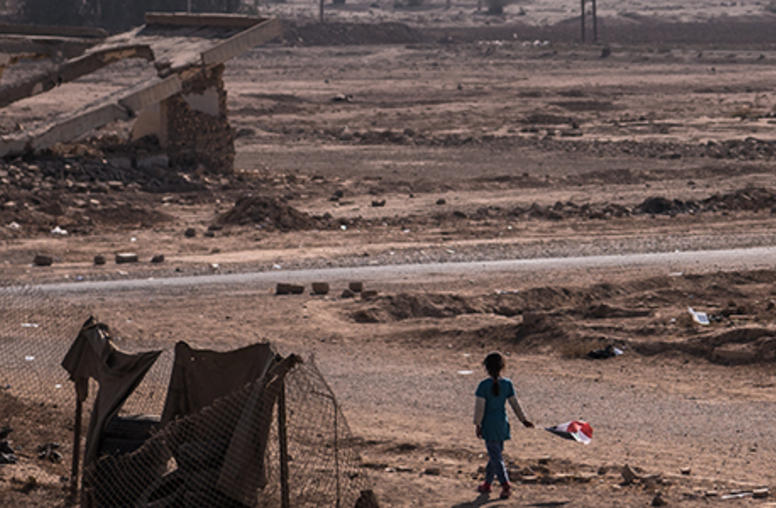
From ISIS to Al-Qaida: The Changing Extremist Threat
The Islamic State may be crumbling across Iraq, but the future prospects of violent extremist groups are far from fading. While ISIS rampaged across Iraq and Syria in 2014, setting up a terror-based regime to impose its will, a revitalized al-Qaida was taking a different, more sustainable approach by grafting itself onto local extremist groups, experts said in a forum at the U.S. Institute of Peace that also examined community approaches to preventing and countering violent extremism. Al-Qaid...